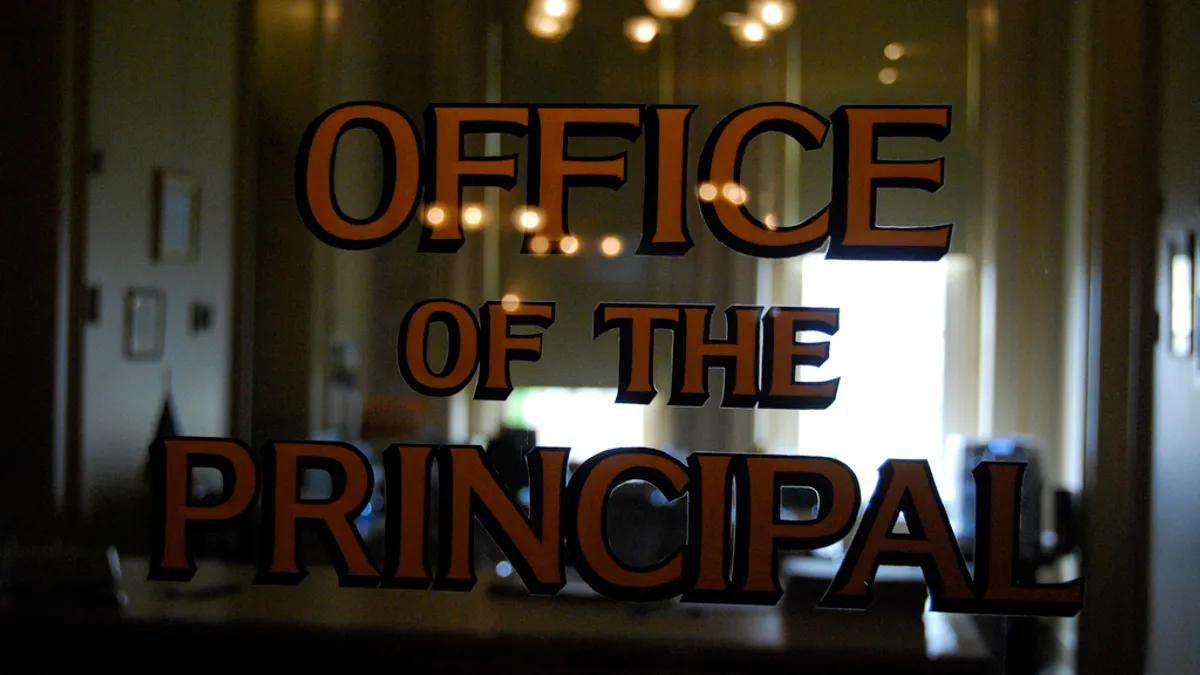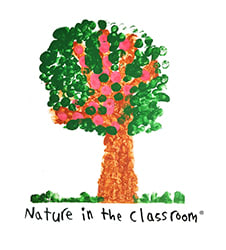Dive Brief:
- An increasing number of states and districts are moving away from a punitive school discipline system, which requires an investigation and prescribed consequences such as suspension, to a restorative justice system, which focuses on resolving most conflicts through mediation without removing the student from the learning process, Edutopia reports.
- Students who are removed from school for misbehavior, especially in situations where there is not sufficient parental supervision, are often at risk of becoming a part of the school-to-prison pipeline.
- Restorative practices include five steps: gathering the participants, using a token or totem to represent the right to speak, keeping the discussion focused on the topic at hand, using “I feel” statements, and finding a way to move forward with forgiveness.
Dive Insight:
The concept of restorative justice is becoming more widely used in schools across the country as a way to re-imagine discipline as a way to teach relationship-building. The concept has merit in helping students to find ways to resolve conflicts in a productive way that teaches a lifelong skill. As some states are now using measuring school effectiveness based on the reduction of suspensions, finding alternative ways to solve discipline problems is in the school’s best interests.
Restorative justice can also benefit the offender by instilling a sense of self-worth, purpose and resolution that can help stem the school-to-prison pipeline. One study showed that stiff school suspension policies can not only harm students with control issues, but can also harm well-behaved students, as well. Sociologist Edward Morris, the co-author of the study, theorized that the reason "might have to do with the levels of anxiety and disconnection created in students when their peers are subject to frequent suspensions, often for issues such as dress code violations or insubordination."
However, school leaders must also be mindful that in- and out-of-school suspensions, alternative learning environments and expulsions are still valid tools for the most serious discipline issues.












